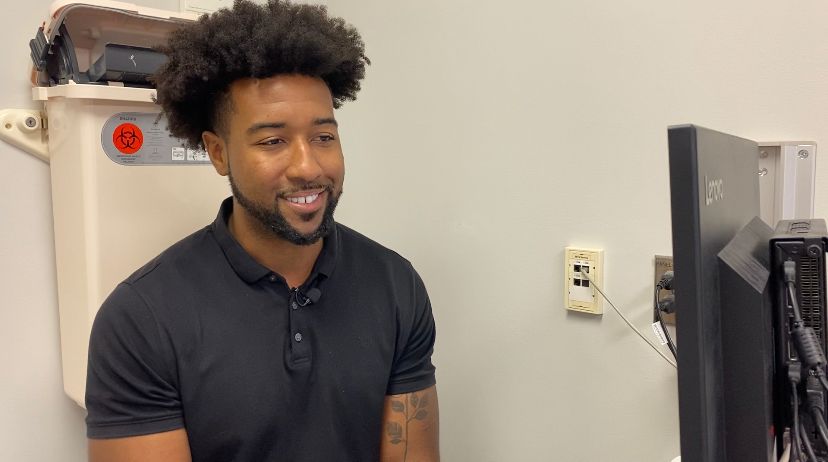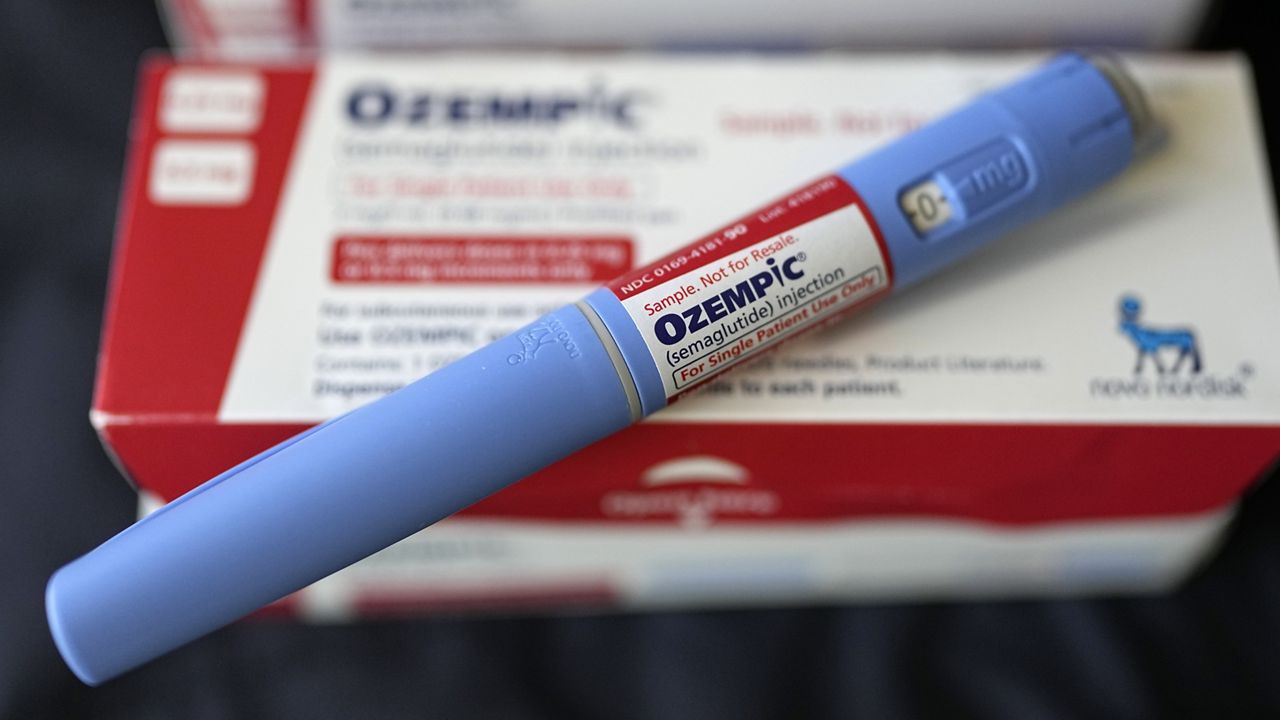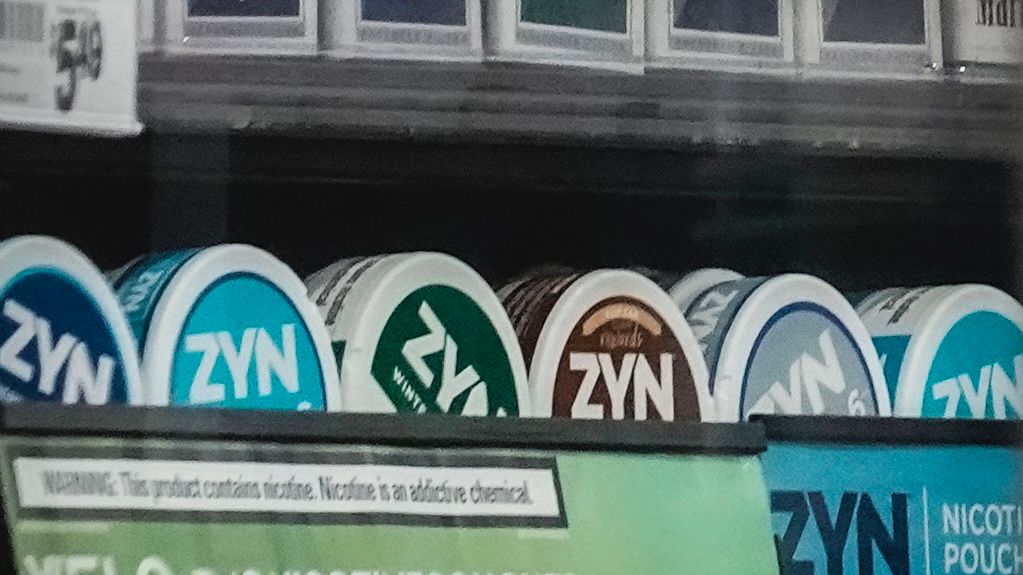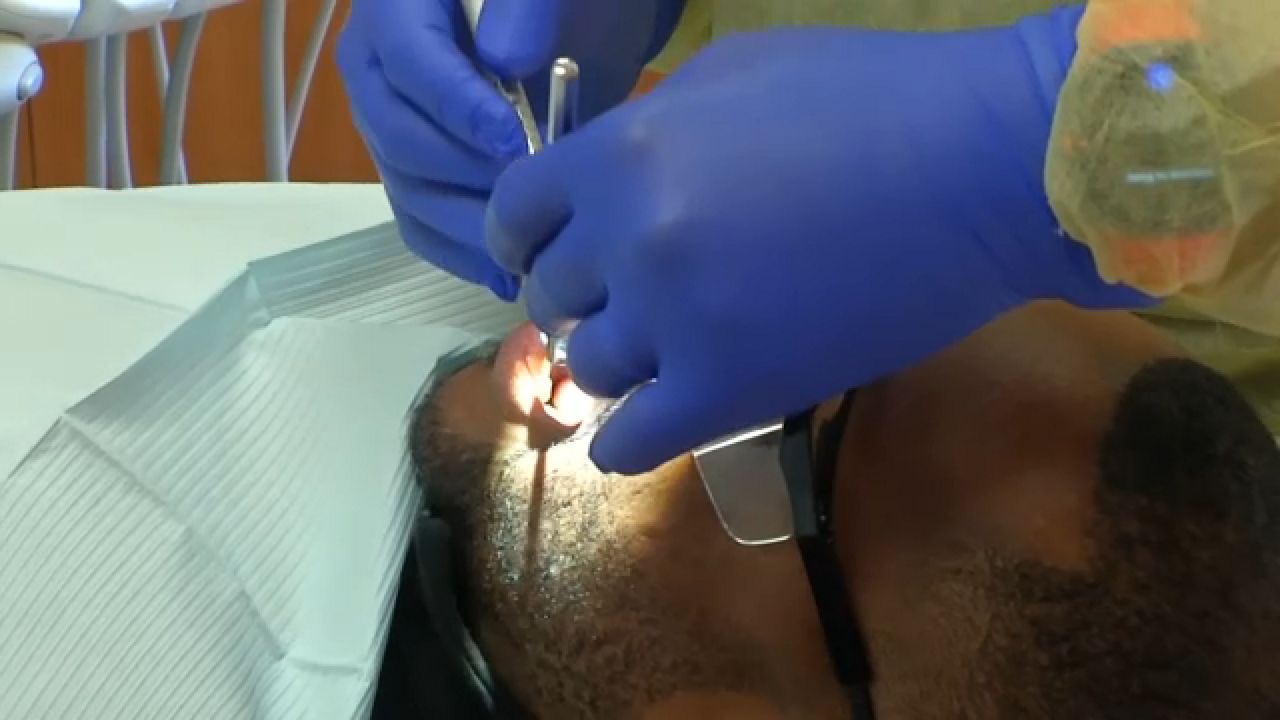WILMINGTON, N.C. — Last week, the United States Food and Drug Administration approved the first vaccine for respiratory syncytial virus (RSV), a respiratory virus with cold-like symptoms that can be serious for infants and older adults.
A Novant Health doctor says that after decades of research, there’s finally a light at the end of the tunnel.
Dr. Austin Sherman has always wanted to help people.
“I always grew up just loving people, loving those connections,” Sherman said. “So medicine became a quick passion of mine. My father, he’s actually a physician so a lot of it came from him.”

Now, he’s been a practicing physician for three years, and in that time, he’s seen his fair share of RSV cases, especially on the heels of the pandemic.
“We actually saw a big wave of it after the COVID-19 pandemic,” Sherman said. “You would think it would be the opposite, but with all the social distancing and with the restrictions kind of getting looser, people getting back together, kids going back to school, having more contact with each other they didn’t have for like a year or two we really saw those numbers increase.”
Before, there wasn’t much Sherman could do for his patients to prevent the virus, but now the FDA has approved the first RSV vaccine, something it has been working toward for decades.
“A lot of the studies are very promising, they’re showing us a lot of good data,” Sherman said. “Basically saying that the decrease in severe symptoms from RSV, you know hospitalizations, things like that, are all coming down with both vaccines.”
After seeing that wave of RSV patients after the pandemic, Sherman says he’s excited to be able to give his patients a vaccine that could very well save their life.
“I love vaccines. You know they’ve been highly studied for well over 60, 70 years, and it’s a common question. You know what does it do, what are the side effects, is it safe?” Sherman said. “Honestly that’s our biggest goal as a physician is to make sure that one, our patients are safe and two, they’re also being treated with the best options.”
This June, the Centers for Disease Control and Prevention advisers will decide if the vaccine will be available to every individual 60 and older or only those at risk. The vaccine will then be available to those individuals this fall.








